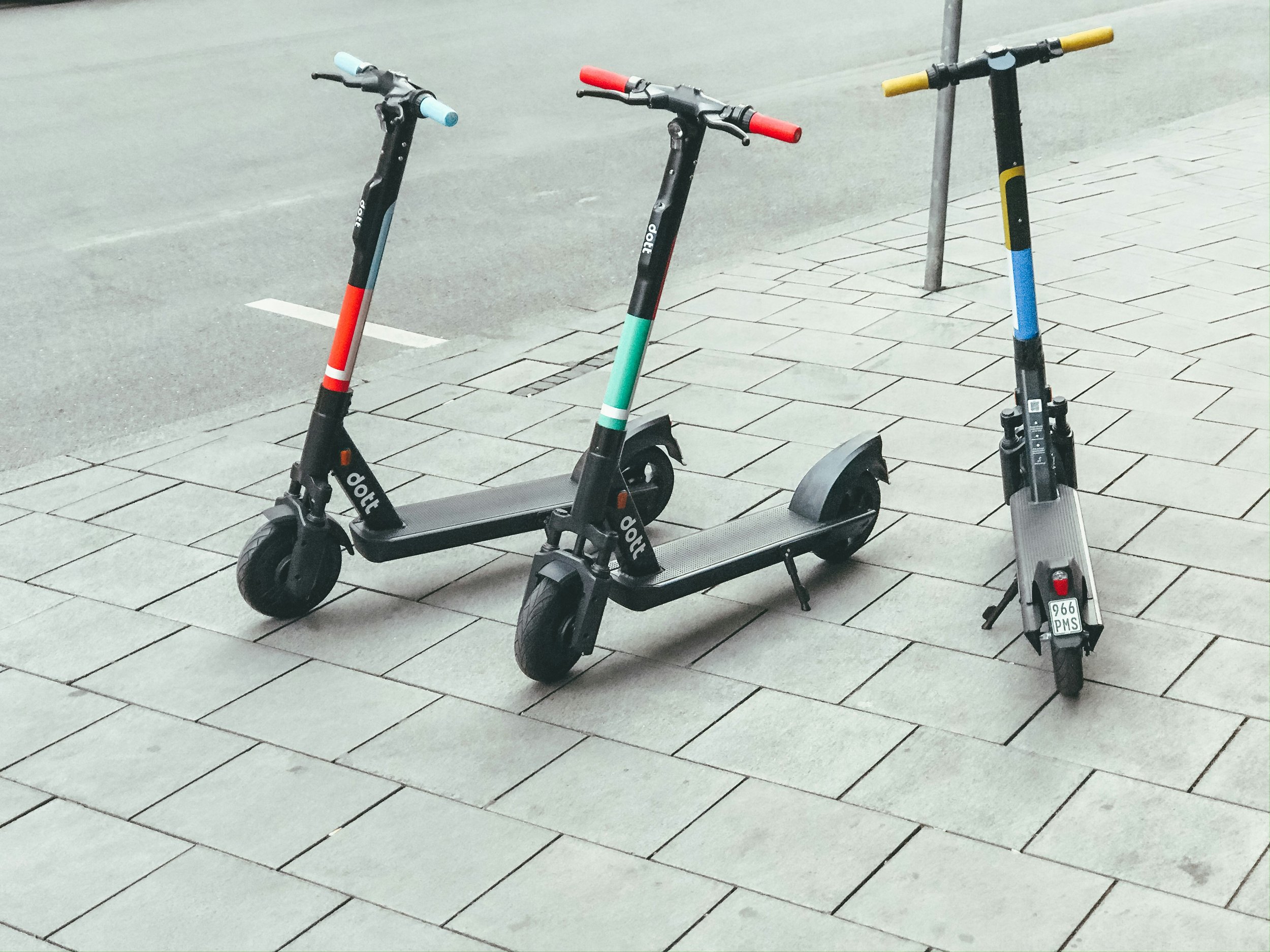
Research and Resources
-

Circuit Program Review
The DC Mobility Innovation District, launched in 2022 by the Southwest BID with seed funding from DMPED, was created to pilot innovative, community-focused mobility solutions. Shifting from a solution-driven to a problem-driven approach, it addressed local transportation gaps through partnerships and pilots, selecting Circuit for its all-electric fleet, flexibility, and commitment to equity. Explore the key takeaways and insights gained along the way.
-

Universal Basic Mobility Project: Findings After a Three-Month Study of Subsidized Transportation
The Universal Basic Mobility (UBM) pilot in Washington, DC, provided 14 low- and moderate-income residents with complimentary public transit, scooter access, and car-sharing credits for three months. The study found that 93% of participants changed their primary mode of transportation, with scooter use doubling and public transit ridership increasing by 43%. Participants reported cost savings, greater independence, and improved mental health. Despite some operational issues, the pilot demonstrated that reducing transportation costs can significantly enhance mobility and quality of life, particularly for individuals who are cost-burdened.
-

E-bike Library Program Impact Evaluation
Since October 2023, the Mobility Innovation District (MID) has run DC’s first e-bike lending library, funded by the DC Department of Energy and Environment. A Georgetown University study found participants engaged enthusiastically and wanted the program to continue. However, scaling the initiative will require improvements in logistics, outreach, and funding. As a key MID program, the e-bike library addresses transportation gaps in Southwest DC, with the study offering insights on refining it for potential citywide expansion.
-

DC MID Entertainment and Hospitality Transportation Needs Assessment
Southwest DC is rapidly growing with the completion of District Wharf’s final phase, WMATA’s new headquarters, and expanded housing. However, workers in entertainment and hospitality face challenges like earning 30% below the area median income and dealing with unreliable transportation for early or late shifts. A Transportation Needs Assessment by DC MID and Cityfi found issues with WMATA services, parking, and safety for female night workers. Despite programs like WMATA’s After-Hours, awareness is low, and last-mile gaps remain, presenting opportunities for mobility solutions to support a more inclusive economy.

